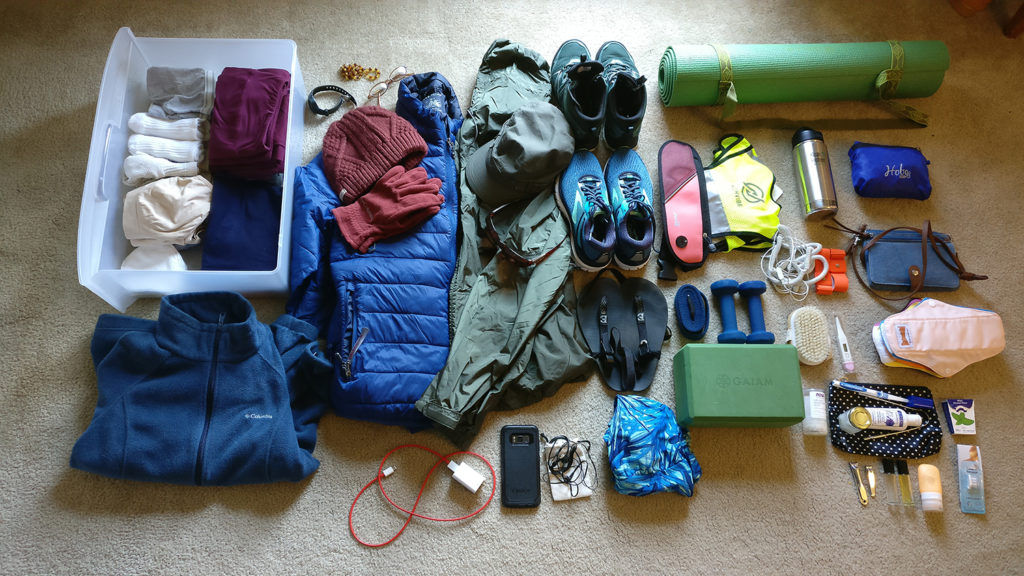Simple Sustainability: The Reverse Minimalist Game
by Sky Trombly – When we begin our minimalist journey, we often focus on what to get rid of. We start tossing, sometimes indiscriminately, but this can lead to not having our needs met or to feeling deprived and then to binge buying. I have noticed that the vast majority of the decluttering methods out there are focused on what to get rid of – not what to keep.
When we begin our minimalist journey, we often focus on what to get rid of. We start tossing, sometimes indiscriminately, but this can lead to not having our needs met or to feeling deprived and then to binge buying. I have noticed that the vast majority of the decluttering methods out there are focused on what to get rid of – not what to keep.
Consider the Minimalist Game put out by the celebrated minimalists Joshua Fields Milburn and Ryan Nicodemus, two men that I admire. In this game, participants begin at the beginning of the month and get rid of the same number of items as the day of the month – so beginning on the first of the month, one declutters a single item. On the 15th, participants will toss 15 items and by the the 30th, after tossing 30 items, participants have gotten rid of 465 items in total over the month.
(A quick note: when I use the word “toss” I don’t mean throw in the garbage unless the item in question cannot be sold, donated, or gifted to another, cannot be composted or recycled, and is safe to throw away by conventional means.)
This game works well for motivating you to address large amounts of clutter, but its main flaw is that it doesn’t provide any guidance in what is worth keeping, so you may have reduced possessions but not any new insight as to what holds value to your life. In fact, if you toss too indiscriminately, you may find yourself in trouble. I continue to play the Minimalist game, don’t get me wrong, in order to help me reduce bulk clutter, but I’d like to offer an alternative game to do first.
I’m calling this game the Reverse-Minimalist Game and it works just about the same way as the Minimalists’ version (the details of their game can be found here: <https://www.theminimalists.com/game/>). In this game, on the first day of the month, you find something essential to your life. One of my first items was my eyeglasses, for example. You may even want to hold a thought of gratitude for this thing you have, if that is your jam. Then, you consider where its home should be. Even good stuff becomes clutter if it gets kicked around and you can’t find it when you need it.
So, at the end of the month, you’ll have found 465 items that serve you in your life. They’ll have homes, and you’ll have a strong insight on your needs, priorities, and what not to toss during subsequent minimalist games you may want to try. By starting with the essential, you’ll unlock the key to fast tracking minimalist success.
Another bonus, by starting a minimalist journey on a positive note, you’ll have the benefit of leading with gratitude instead of guilt and shame, which may bolster you when you come face to face with the haunting reality of poor purchases from yesteryear.
If you’re the type of minimalist who wants to shoot for a particular number, this has the additional benefit of putting a number on your essential possessions to date and serves as a good baseline for your goals.
We need to focus first and foremost on what to keep in our lives, and what to emphasize, before we can declutter intelligently. I believe successful minimalists become successful not because they’ve decluttered a lot of stuff from their lives but because they’ve decluttered the right stuff from their lives after determining what is essential to them.

Blog – talkwalking.org